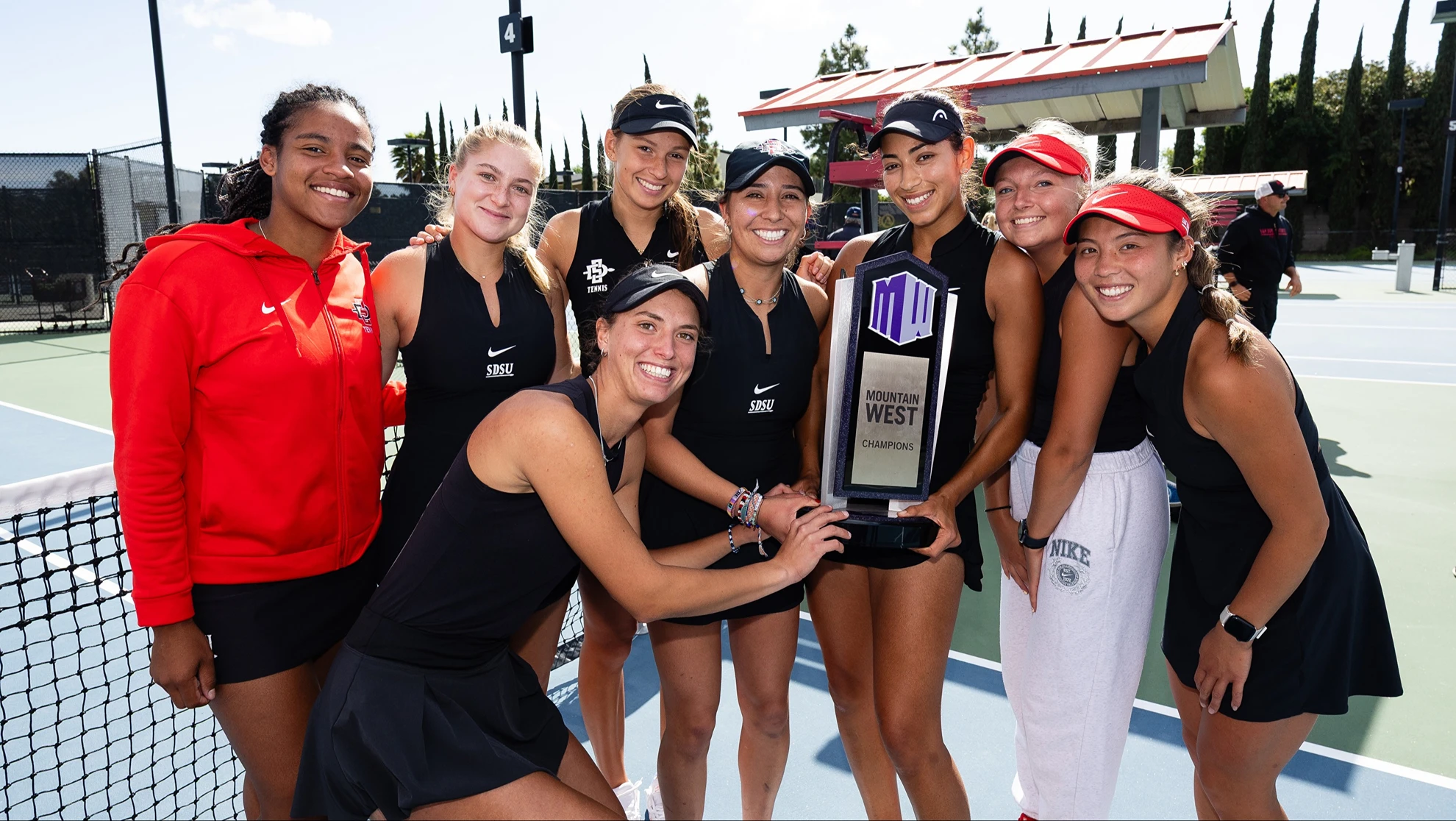Healing as an Innovation
Shurene Premo's commitment to a higher level of social work for Native Americans made her a choice for the 2019 Zahn Spirit of Innovation Award.

Soone nahakkunto’i. It’s going to happen.
San Diego State University student Shurene Premo’s dream of someday building a Native American recovery and treatment center for her hometown Shoshone reservation in remote northern Nevada recently took three long strides forward.
She graduated with honors and a double major in American Indian Studies, from the College of Arts and Letters, and social work, from the College of Health and Human Services.
She was named the winner of SDSU’s 2019 Zahn Spirit of Innovation Award, which recognizes a graduating senior who has shown exceptional entrepreneurial achievement as an undergraduate.
And she was accepted into a highly competitive, one-year Advanced Standing master’s program in social work at SDSU which begins after a break of a single week. The program will focus on one of Premo’s personal passions, child welfare, and will include an internship with the County of San Diego, possibly within its Indian Specialty Unit.
“The issues that we’re facing right now in Indian country are (that) families are broken,” Premo said last week, a day before walking in back-to-back commencement ceremonies at Viejas Arena. “The family unit is broken. It stems from historical trauma, which turns into intergenerational trauma.” The result, she said, has been long histories of drug and alcohol abuse, domestic violence, depression, mental illness and suicide, as well as child abuse and neglect.
Premo is a citizen of Newe-Numa Nation and the Tosawihi Band of Western Shoshone. During her time at SDSU, Premo returned every summer to her Duck Valley Reservation in Owyhee, Nev., situated within walking distance of the Idaho state border but a 100- to 140-mile drive to any big city.
Working in the tribal social-services and federal Indian Child Welfare Act programs she shadowed social workers on sometimes “heartbreaking” cases, assisting with moving children from abusive living conditions into new homes.
She also made a promise to her uncle that she would return for good someday and create a healing lodge, which remains the objective for her ongoing education.
“I want to use the Westernized way of counseling” with its therapy and psychology, Premo said, “but we are going to bring in Native American healing and traditions.” The idea is to include Native American church, sweat lodge, sun dance, smudging ceremonies and talking circles she explained.
“My whole belief is that if we go back to our ancient traditions, language (and) ceremonies, we’re going to heal from this alcohol and drug epidemic.”
Premo demonstrated her personal commitment to that approach in a highly singular fashion at SDSU. Having not yet met the language requirement after transferring from community college, she passed up the easiest and most widely selected options (Spanish, French, American Sign Language) and sought permission to learn her native Shoshoni instead.
She’s not yet completely fluent—her grandmother helped with the translation at the top of this article—and the Duck Valley dialect she learned is but one of eight. But she wants to keep up with those back home who are learning the endangered language.
Tamara Strohauer, Premo’s social-work mentor and a lecturer in the School of Social Work, submitted one of several nominations of Premo for the Zahn Spirit of Innovation Award. Funded by Irwin Zahn and the Moxie Foundation, the award is now in its fourth year and comes with a $25,000 scholarship.
“Shurene’s goal of starting native healing lodges for people in recovery and with mental illness really was a good fit,” Strohauer said. “The innovation of it is that she is building a model in her mind, in her heart, and in her studies that could be healing for all reservations.”
Premo was a unanimous choice for the award from both the Department of American Indian Studies, which also named her their Outstanding Graduating Senior, and the School of Social Work.
Premo said she hopes her work with the county in the next academic year keeps the challenges coming.
““I want to see how rough it can get,” she said. “I want to become the strongest social worker I can be, in education and experience, so that when I return home, I can empower my people to heal and strengthen our children and families in this and future generations.”
“It’s going to happen,” she said.


